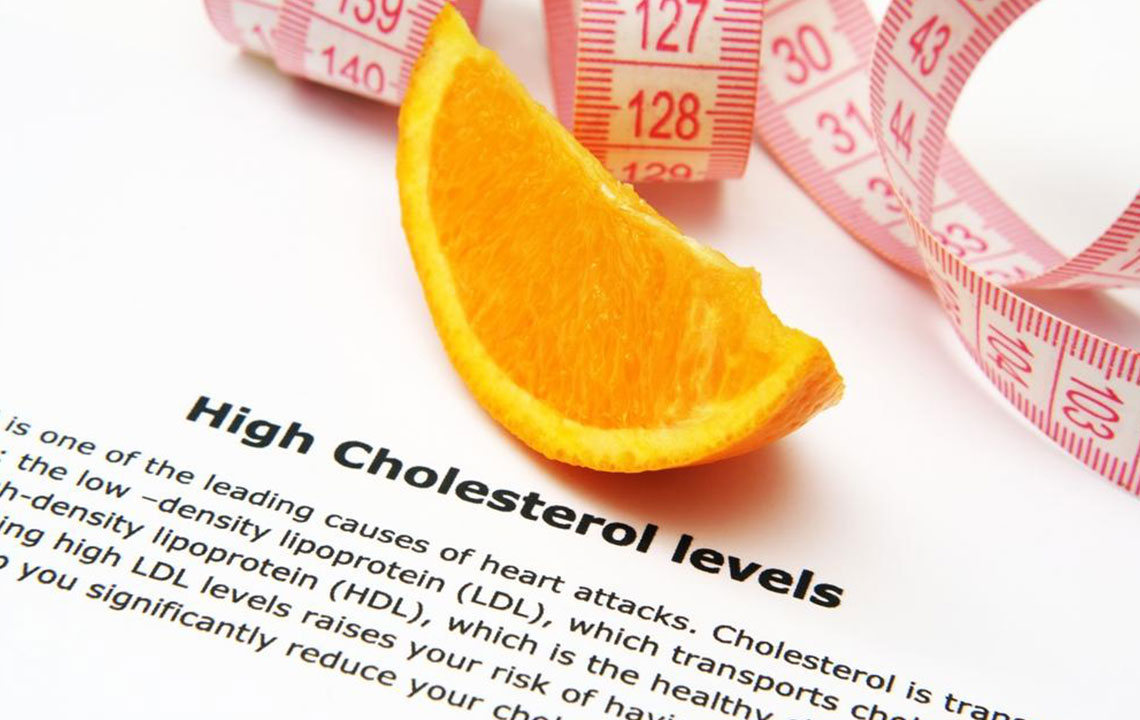Effective Heart-Healthy Meal Planning Strategies for Better Cardiovascular Wellness
Discover comprehensive strategies for creating a heart-healthy meal plan that effectively manages cholesterol, reduces disease risk, and promotes long-term cardiovascular health. From choosing healthy fats to incorporating fiber-rich whole grains and omega-3 fatty fish, this guide provides practical tips for nutritious eating. Learn how to craft flavorful, sustainable meals that support your heart and overall wellness with expert-backed advice and delicious recipes. Prioritize nutrient-rich foods and develop lasting habits for a healthier, happier lifestyle.

Effective Heart-Healthy Meal Planning Strategies for Better Cardiovascular Wellness
In today’s health-conscious society, maintaining a nutritious and balanced diet is more important than ever for preserving cardiovascular health. Heart disease remains a leading cause of mortality worldwide, and adopting a strategic approach to meal planning can significantly reduce risks associated with high cholesterol and other cardiovascular issues. Instead of adhering to outdated notions that restrict certain foods like eggs and seafood, modern dietary guidelines emphasize the importance of incorporating nutrient-dense, health-promoting foods into daily meals. This comprehensive guide explores effective strategies to craft a heart-healthy diet that is sustainable, flavorful, and beneficial for long-term wellness.
Are you wondering how to effectively reduce your cholesterol levels through diet? Here are some practical tips:
Incorporate a colorful variety of fruits and vegetables daily: While fruits and vegetables may not directly lower cholesterol, they provide essential nutrients, fiber, and antioxidants that promote overall heart health. Use vegetables generously as side dishes, incorporate them into stews, soups, and casseroles, and enjoy fruit smoothies or fresh fruit bowls for breakfast to start your day on a healthy note.
Select healthy fats thoughtfully: Limit saturated fats found in dairy products, red meats, and some cheeses, as they can elevate LDL (bad cholesterol) levels. Instead, choose sources of unsaturated fats like nuts, seeds, olive oil, avocado, and fatty fish to promote better lipid profiles and reduce cardiovascular risk.
Increasing dietary fiber is another crucial step. Opt for whole grains such as brown rice, whole wheat bread, oats, and barley. Consuming around 3 grams of beta-glucan daily from oats or barley has been shown to help lower cholesterol levels effectively.
Prioritize heart-healthy seafood: Incorporate omega-3-rich fatty fish like salmon, sardines, trout, and herring into your meals. Recipes like lemon-infused sardines or baked trout with added nuts are not only delicious but also enhance heart health by providing essential fatty acids that reduce inflammation and improve blood vessel function.
Another beneficial dietary component includes plant sterols, which are naturally present in nuts, seeds, and vegetable oils. Consuming approximately 1.5–2.4 grams daily of plant sterols can reduce LDL cholesterol by up to 10% within a few weeks. These compounds work by blocking the absorption of cholesterol in the digestive system, making them a valuable addition to a heart-healthy eating plan.
Embracing a diet low in unhealthy fats and rich in fiber, healthy fats, and nutrient-dense foods offers long-term benefits. This approach not only helps manage cholesterol levels but also reduces the risk of cardiovascular diseases such as heart attacks and strokes. With consistency and mindful choices, you can enjoy flavorful meals that support your heart and promote overall wellness. Remember, dietary habits are one of the most controllable factors in your health journey, so start today by making smarter, heart-centric food choices.





